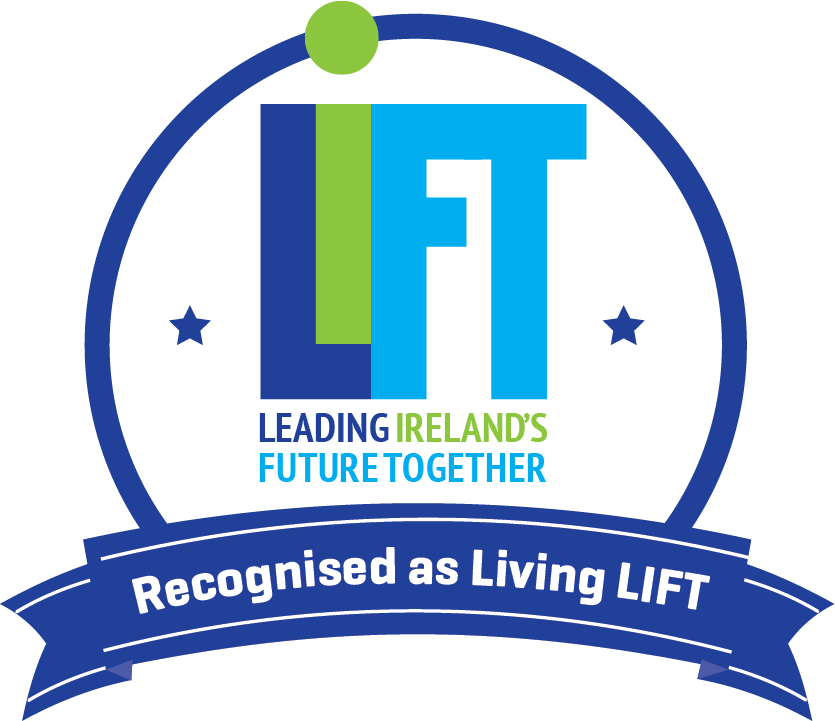AABS Deans’ & Directors’ Forum 2022
The AABS (Association of African Business Schools) forum for Deans & Directors was almost three days of learning, meeting people, amazing conversations and discovering. While QED, specifically our Joanne, attended the conference as a speaker and below are the takeaways from the Forum:
1. Sometimes if you don’t disrupt, you may end up getting disrupted!
In his keynote, Prof Fred Olayele (Carleton University, Canada) spoke to the need for those involved in business education to take a step back and really think about not just WHAT they do, but also HOW they do it. A key challenge lies in policy innovation and the fact that forging a ‘more dynamic economy’ across Africa requires (in addition to research etc) more openness to experimentation, testing, piloting and prototyping – all with the focus of creating more innovative approaches to the policy development process.
Key Question: What can business schools (not just in Africa) do to ‘move the needle’ in terms of business sector innovation?
2. Peter Diamandis’ 6D Framework
Kevin Allen spoke around exponential organisations and the challenges therein. There was so much to digest, but it was good to be reminded of Peter Diamandis’ 6D framework to describe the basic roadmap of technical innovation. The 6 Ds are: Digitize, Deceptive, Disruptive, Demonitize, Dematerialize, and Democratise. An explanation of each is available at https://www.diamandis.com/blog/the-6ds
Key Question: Where does the use of technology within << Test Organisation >> sit on Diamandis’ 6D Framework and what else should/could your organisation (or department) be doing to move further along the technical innovation roadmap?
3. Fast beats Slow
What a privilege it was to listen to both Tim Mescon and Jon Foster-Pedley on the topic of Deanship. Our take-away was watching how both these leaders shared an incredible richness of experience and wisdom with humility, lack of ego and generosity. There was much to choose from, but we think the focus on being clear on your purpose and really working to explicate the distinctiveness of your organisation were some of the key points. We were particularly struck by Tim’s reminder that “fast beats slow” – and the need to be agile and nimble (rather than large) so that the organisation can adapt to the changing context. Whilst the challenge was posed to deans and directors, there is a sense that this guidance is valid for all of us in some way within our own individual roles.
Key Question: What small thing could you do within your role (whativer your organisation) to improve adaptability in a changing context?
For advice and further details on any of the above, please contact the QED Accreditation Team at info@QEDaccreditation.com.




Recent Comments